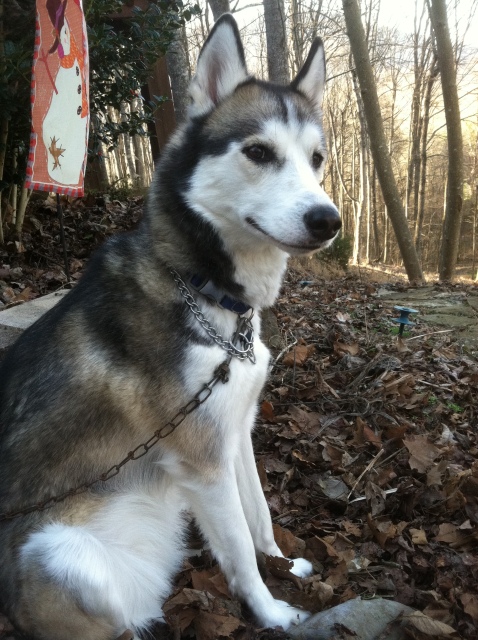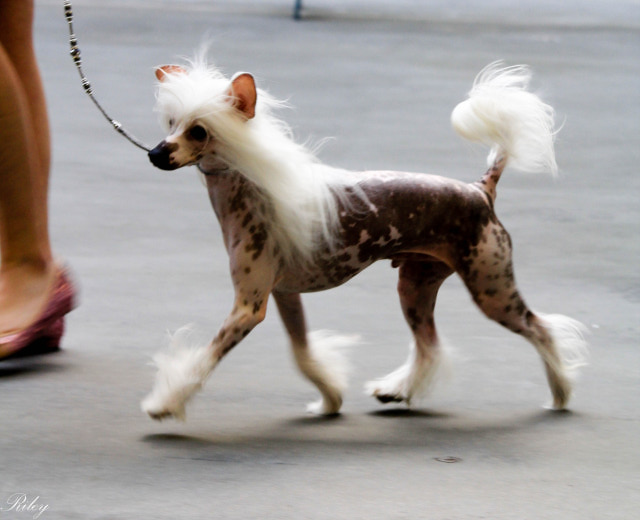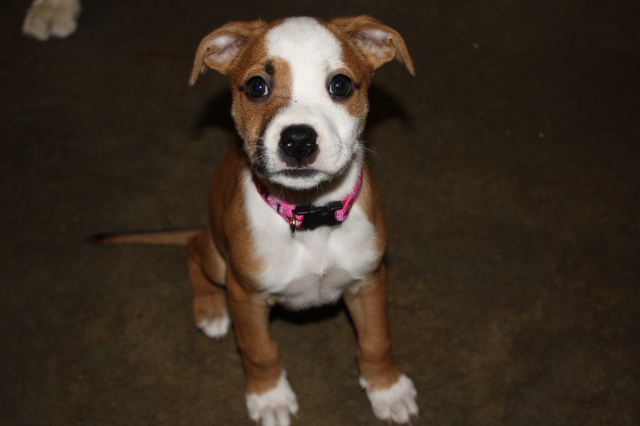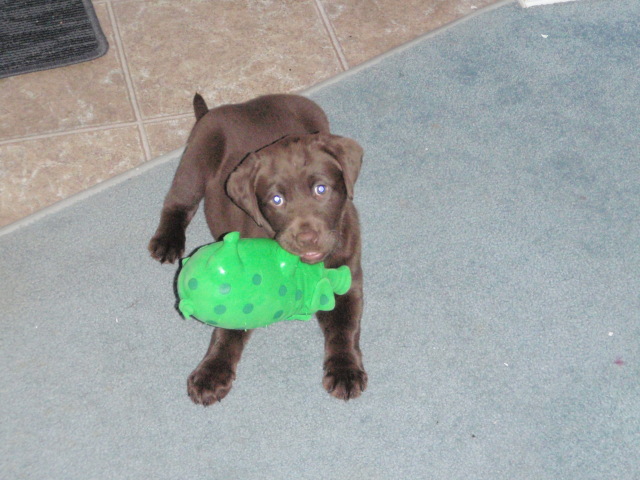QuestionI have a toy poodle. She's a little over a year old. She has had free reign over my apartment since the first week I got her. I tried kennel training her but I felt bad because I work 2 jobs and she was in there too much. She's usually pretty good about pottying outside unless its one of those days I happen to be gone a long time. She won't allow my boyfriend to take her out. She loves him when I'm there but once I'm gone she's very skittish of him. When he takes her out, she just sits in the grass and doesn't move. When he takes her off her leash, she'll run from him and shake at the door until he lets her inside. She's usually pretty good about listening to me and she knows when she's in trouble. But that's about it. She won't sit or stay and if I call her name outside she'll run from me. Is it too late to try to train her to have some sort of control?
AnswerIt's never too late, Megan. I would recommend that you enroll her in a basic obedience class (stay away from the ones offered in pet stores, though - there are way too many distractions, the trainers are usually not that great, and you don't get the one-on-one attention that you need). Group classes are okay, but I prefer a trainer that will come to your house, say, once a week for an hour. This way, the dog is not stressed out being in a new location, surrounded by a bunch of strange dogs and people, and it's easier on you because the trainer can come on your schedule, rather than you having to change your schedule to take your dog to class. Your boyfriend should participate as well, so that your dog can bond with him and feel comfortable being with him when you are not around. The best trainers are the ones that are open to different type of training techniques, rather than being of the mindset that there's only one way to train a dog. I prefer to start out using no corrections, and teaching the dog what each command means through the use of food, praise, and gentle guidance if necessary. Then, once the dog understands the commands, I introduce corrections in the form of a verbal NO and a leash pop, if the dog ignores or deliberately disobeys a known command. I praise my dogs every single time they follow a command. Praise is one of the most important parts of training. The dog needs to know when he's done good, just as much as he needs to know when he's done bad. ;^)
Your dog should be able to stay in her crate for up to 8-9 hours straight without a potty break as long as she is allowed to potty before being put in the crate.

 Housebreaking My Puppy and Choosing the Right Fencing
Question
Woody
Hello. I have a four month old be
Housebreaking My Puppy and Choosing the Right Fencing
Question
Woody
Hello. I have a four month old be
 Is putting my dog in a cage a good form of punishment?
Question
Blue
My Siberian husky, Blue, as been b
Is putting my dog in a cage a good form of punishment?
Question
Blue
My Siberian husky, Blue, as been b
 Territory Marking
QuestionHi Kathleen and thank you in advance.
I have a
Territory Marking
QuestionHi Kathleen and thank you in advance.
I have a
 agression
QuestionNew Pup
QUESTION: I am so totally at wit
agression
QuestionNew Pup
QUESTION: I am so totally at wit
 Puppy help!
Question
Roxy!
Hello! I am so glad I found this site:)
Puppy help!
Question
Roxy!
Hello! I am so glad I found this site:)